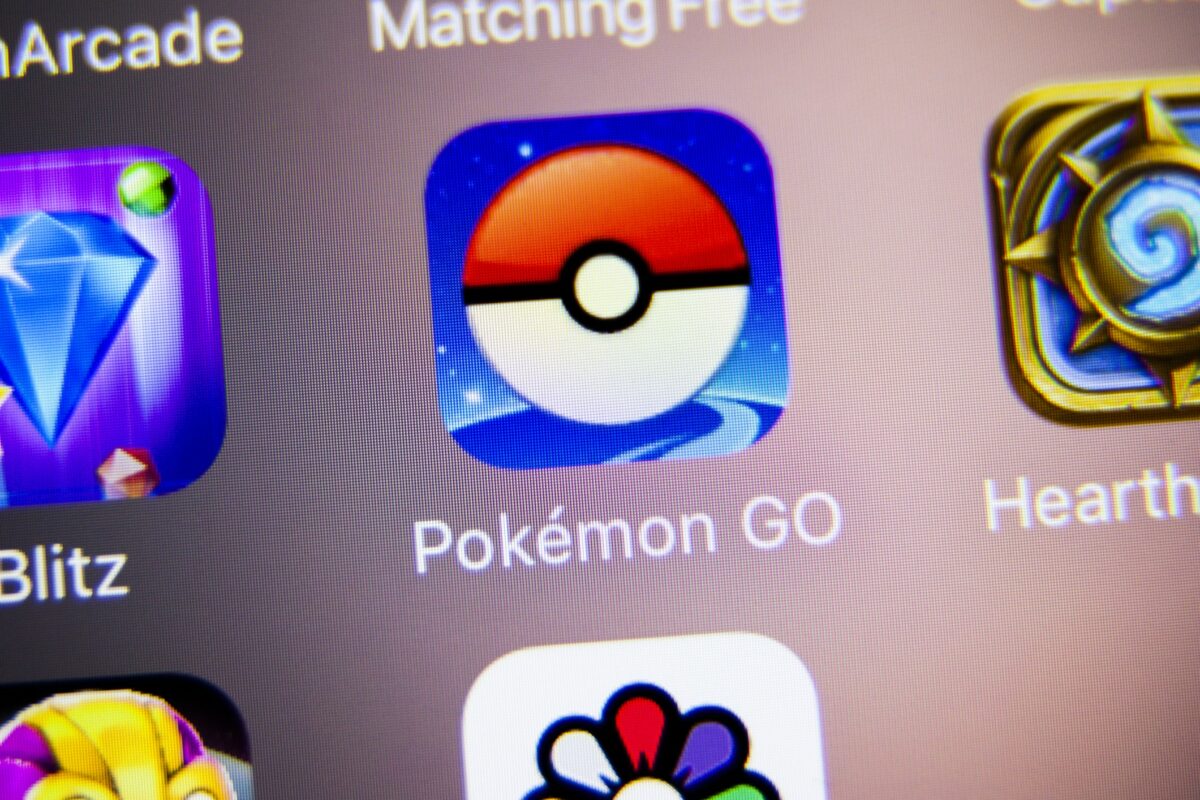If you spend any time at all on Facebook, Twitter, Instagram, or Tumblr, the chances are that you’ve heard of Pokémon Go, the smartphone-based augmented reality game that is taking the world by storm. You’ve probably seen many exclamatory posts from players of that game about snagging “gyms” and hitting “Pokéspots” along with many pictures like this one…
… and thought, “What the heck are they talking about?”
What is Pokémon Go?
We’ll leave it to some of the many explainers available online to give you the finer details of this phenomenon. For our purposes, suffice it to say that Pokémon Go is a game that uses the GPS capabilities on your smartphone to create a virtual world full of imaginary creatures that appear on top of the real world around you. So to play the game, you have to actually walk around, explore places, and look for Pokémon to appear through the screen on your phone.
Many Pokémon enthusiasts have said through social media posts that the game is helping to improve their mental health. Those struggling with depression seem to be most likely to tout the game’s benefits, saying that it’s motivated them to go outside, get some exercise, and socialize with others.
Can Pokémon Go “Cure” Depression?
Some research indicates that games can help people become more motivated and more resilient when facing day-to-day challenges. The two regions of the brain that are most stimulated by gameplay, the reward pathways, and the hippocampus, are the same regions that tend to be under-stimulated in the brains of people who are clinically depressed. So, people struggling with depression may often feel better when they play games like Pokémon Go and others.
However, it’s important to note that relieving the symptoms of depression is not the same thing as “curing” depression. In many cases, it is unclear whether the game is truly improving the depressed person’s overall mental health or simply trying to self-medicate with the game.
People who live with unresolved trauma often self-medicate in multiple ways. Many addictions we treat in The Meadows programs, from drugs and alcohol to sex and pornography, can be described as attempts to self-medicate. Turning to substances, processes, or behaviors (like gaming, gambling, or sex) to soothe the symptoms that result from your trauma or depression can be dangerous.
If you use Pokémon Go to “escape” from your pain or discomfort, to block negative feelings, or to avoid facing your problems head-on, you may end up making things worse.
To truly recover from depression, you have to uncover the root causes of any negative beliefs you hold about yourself and the world. Often, they are rooted in childhood trauma that needs to be addressed and resolved before you can truly experience long-lasting recovery.
Otherwise, the relief you originally experienced from the game will start to fade, and the more depressed you feel, the more time you will spend playing the game. The more time you spend playing the game, the less time you’ll spend addressing the real problems that cause and accompany your depression. In the worst cases, you may end up struggling with a full-blown gaming addiction. Get Help for Depression
If you’re experiencing symptoms of depression and playing Pokémon Go has helped you feel a little more hopeful and a little more like yourself, that’s great! But, it’s important not to rely on the game alone for relief. Recovery from depression requires a multi-faceted approach to treatment, including therapy, neurofeedback and biofeedback techniques, trauma work, and sometimes medication. The Claudia Black Center for Young Adults at The Meadows (and all of The Meadows programs) offers all of these options at their treatment centers in Arizona, along with a thorough assessment to determine which might work best for you.
Give us a call today at 855-333-6075 or send us a contact us to learn more.

